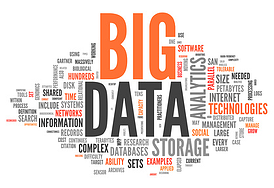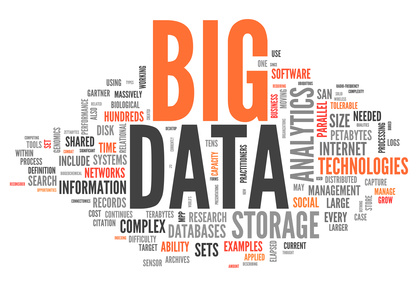Data isn’t just big; it’s massive. With each passing minute, a staggering 100 hours of video are uploaded to YouTube. Google receives over 2,000,000 search queries. Email users send over 200,000,000 messages. Apple receives 47,000 app downloads. Get the picture? Clearly the omnipresent “big data” is quickly manifesting itself into “massive data.” 
According to 451, “DCIM, or Data Center Infrastructure Management, is one of the most disruptive technologies this year. In 2012, the DCIM market generated around $429M in revenue and had record demand in the first quarter of 2013.” Furthermore, DCIM sales are expected to grow 42% to reach $1.8B in aggregate revenue by 2013. As a result of the increasing demand for DCIM to manage Big Data, it’s clear that what once was a trend for automation in the datacenter has now become a need that will only grow in the coming years.
But with growth comes confusion. Compounding the issue, DCIM vendors and conflicting information are scattered across the web. With all the marketing hype about “solutions,” here are the facts to help break this down for you:
DCIM promises: capacity planning, energy efficiency, airflow optimization, asset management, and thermal mapping. It offers to control and automate your data ecosystem, granting you governance and operational efficiency. But does it really? Without real-time information, you only know what DID happen and not what IS happening in the datacenter.
The ability to monitor your environmental conditions is vital, but they will not be accurate in the absence of real-time monitoring. Knowing the location of a specific rack server is crucial for operational planning and efficiency, but if you do not have these items tagged, then your only alternative is to walk throughout the datacenter in search of the rack. Without real-time updates, it becomes nearly impossible to manage critical events in the datacenter. Leaks must be detected, heat must be managed, and airflow must be regulated. In the event of a threat to an unplanned outage, an IT manager would need to react to a potential disaster right away. However, without timely reporting, they could risk IT equipment failure costs that would average $5,600 per minute and $505,500 per event!
Think about it this way: DCIM that’s not in real-time is like buying a brand new Ferrari that you can’t fill up with gas. Despite its sleek appearance, you won’t be taking full advantage of accelerating that V12 engine if your shiny new car sits motionless. Similarly, DCIM is trendy and attractive to incorporate in your datacenter, but it’s simply not complete without real-time asset tracking and environmental monitoring. Without our RF Code real-time solution, DCIM is really only DCI: Datacenter Infrastructure, lacking in Management. This is why we “turbo-charge” your datacenter for optimization. We put the “M” in “DCIM.”
Sources: 451 Research, Mashable, Datacenter Journal, Emerson Network Power




